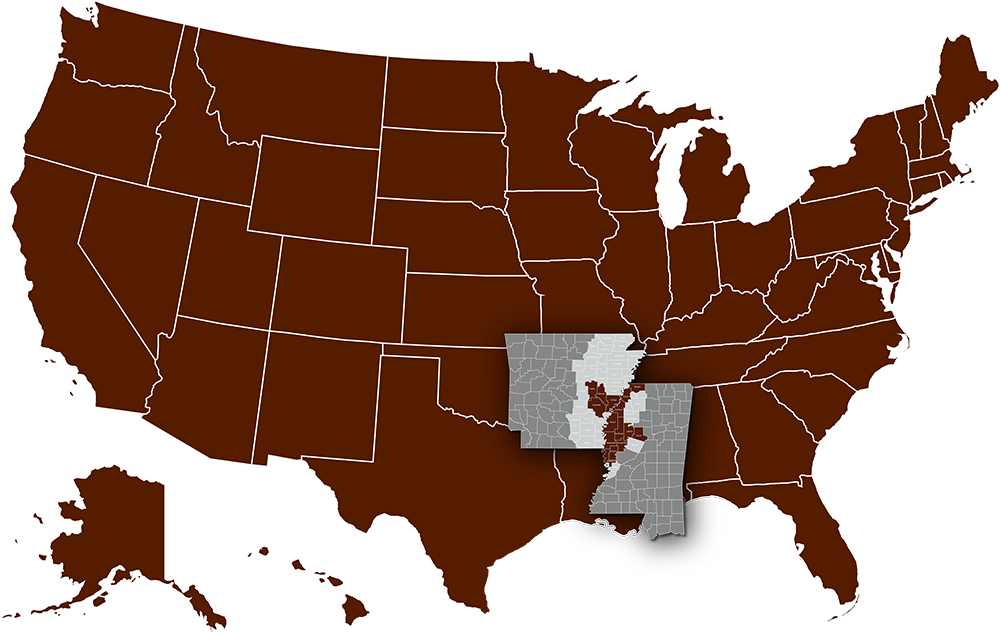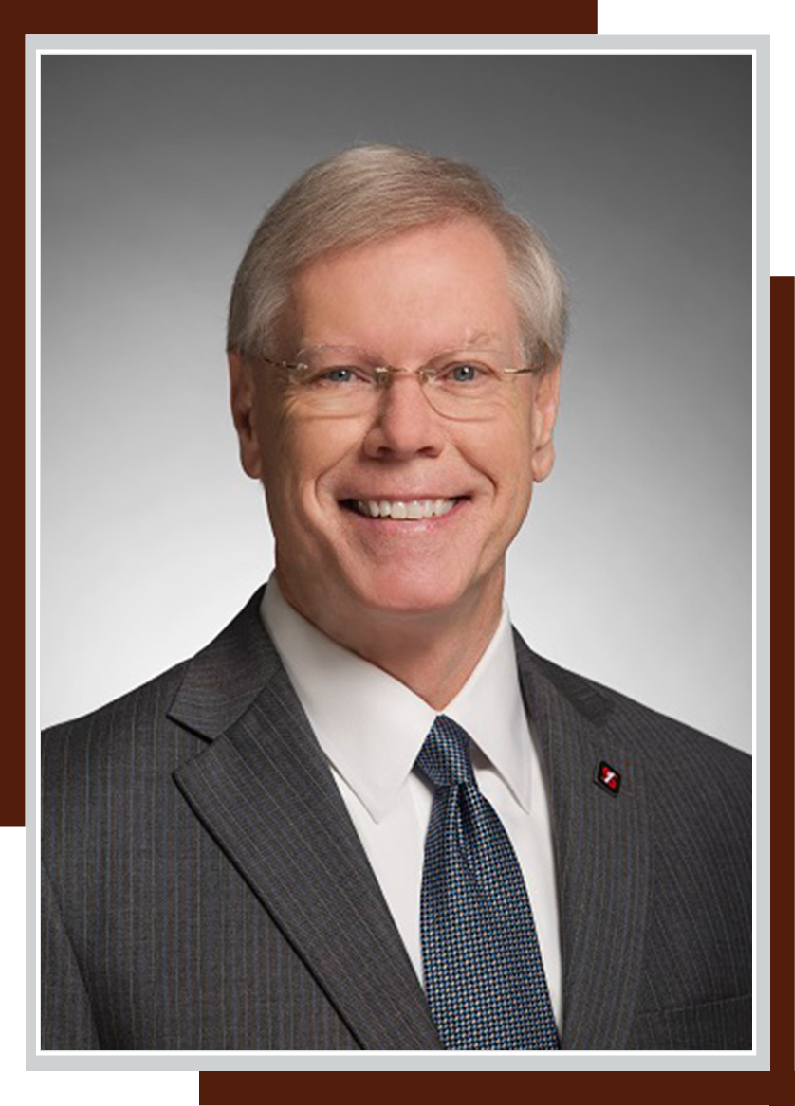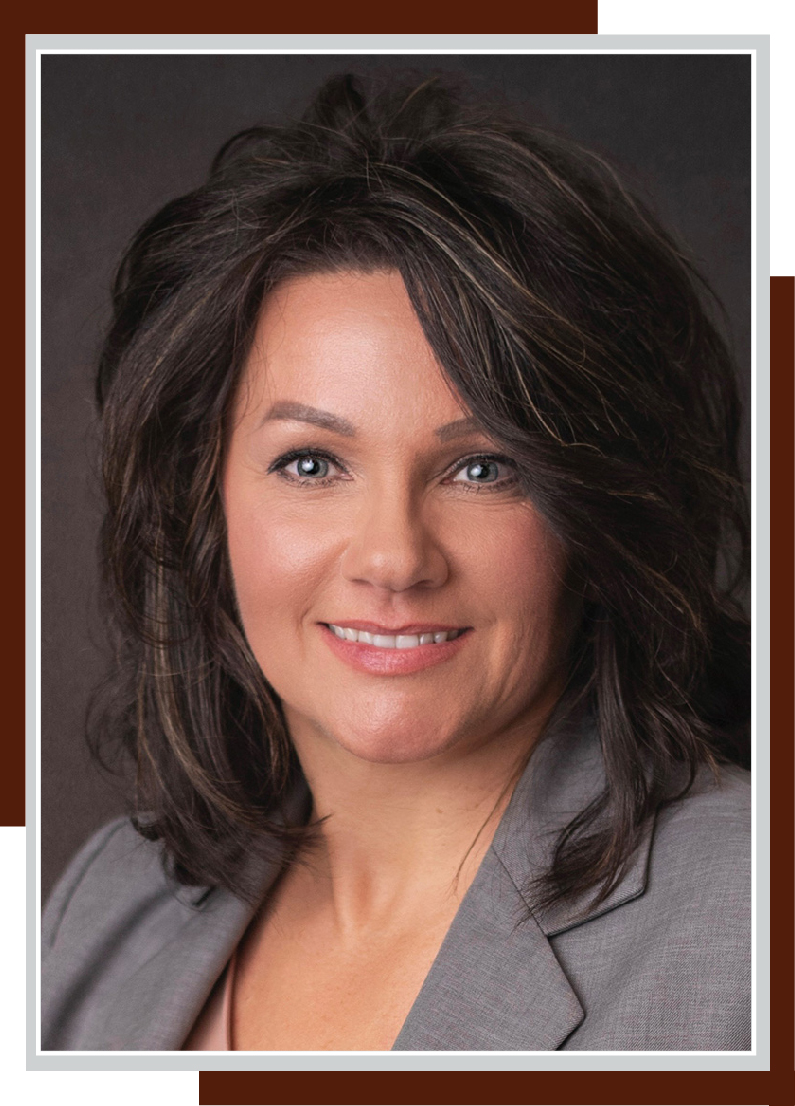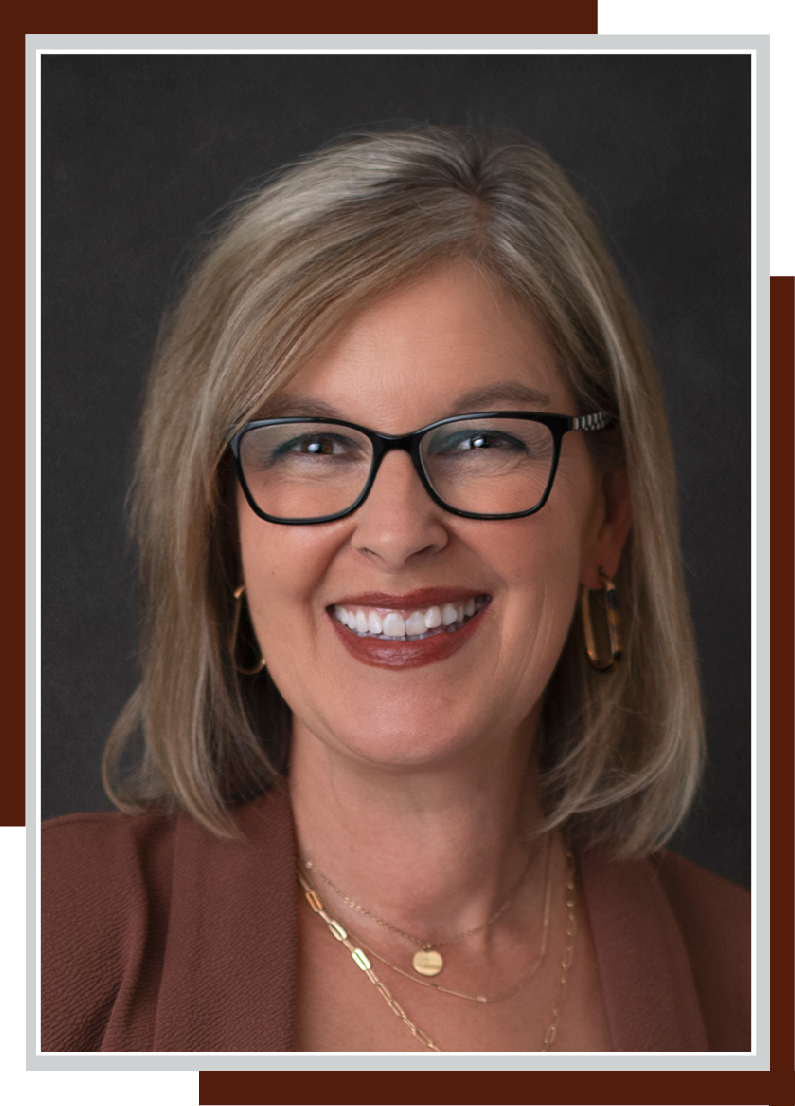About Us
Alliance for Rural Impact
The Alliance for Rural Impact (ARI) is a nonprofit organization headquartered in the Arkansas Delta. Founded in 2017, by Jamie R. Wright and Jennifer G. Watkins, ARI is a collective partnership of technical assistance experts focused on community equity for rural regions with a commitment to our core values of integrity, teamwork, and achievement.
The ARI team is solutions-focused and aims to bring about positive changes that ultimately result in community prosperity by providing all aspects of community and economic development. Thank you for being a part of our journey. Whether you are here to explore, connect, or partner with ARI, we’re excited to have you along!
Areas We Serve
Alliance for Rural Impacts serves communities in our home state of Arkansas and throughout the Delta and Mid-South regions.

Our Board

Jordan Wimpy, President
Jordan is an attorney with the Little Rock law firm of Mitchell Williams Selig Gates &Woodyard, PLLC. A native of Arkansas, Jordan earned his undergraduate and graduate degrees from the University of Arkansas in Fayetteville. Jordan studied law at Vermont Law School and received both his juris doctor and Master of Environmental Law & Policy degrees with high honors in 2012.Prior to joining Mitchell Williams, Jordan practiced law with Gill Ragon Owen, P.A., in Little Rock, and the Budd-Falen Law Offices, LLC, in Cheyenne, Wyoming. Jordan’s practice focuses on environmental, agricultural, energy, natural resource, and property law, with a particular emphasis onagricultural operations and local governments.Jordan also provides advice and counsel to landowners and local governments regarding land use, environmental mitigation/reclamation standards, federal land management, and complex regulatory matters.

Brian Kelsey, Vice President
Brian is a manager in EY’s Economic Development Advisory Services practice. He has more than twenty years of experience in economic development, serving in executive-level positions at the local, regional, and federal levels. Prior to joining EY, Brian’s career in government included roles as chief strategy officer in Nashville, Tennessee, assistant city manager in Edinburg, Texas, and senior advisor at the US Economic Development Administration in Washington, DC. Brian is based out of EY’s Fort Worth office, but spent many years in Austin, managing a consulting firm called Civic Analytics and teaching at the University of Texas at Austin.

Jim Shenep, Treasurer
Jim is a native of Pine Bluff, AR. He is a graduate of the University of Arkansas in Fayetteville with a B.S. in Business Administration, American Bankers Association Graduate Trust School, Cannon Trust School and College of Certified Financial Planning. Jim managed the Trust Department of Delta Trust & Bank from 2000 – 2014, until it was acquired by Simmons First National Bank.

Bytha Mills
Bytha Mills currently serves as Vice President of Human Resources for E. Ritter & Company. She has over 25 years of progressive experience in the field of Human Resources. She is involved in strategic planning, program development, recruiting/talent management, labor/employee relations, training, employee benefits, and directs day-to-day operations. Prior to joining E. Ritter in 2015, she was VP of Human Resources for Luvata’s Heat-Transfer Solutions (HTS) Corporate from 2011-2015, and Director of Human Resources at the division level. From 2009-2011 she was President of Mills HR Talent Consulting, LLC, an Executive Recruiter/HR Consultant. From 1997-2009 she was VP of Human Resources for Intermet Corporation, a publicly traded global tier-one manufacturing supplier to the automotive industry that transitioned to privately held company. Intermet Corporation employed up to 5,000 employees at 18 manufacturing plants in the U.S. and International.
Bytha graduated from Arkansas State University with a B.S. in Accounting and later received a M.S. in Human Resources from Indiana Wesleyan University. Bytha and her husband, Chris, currently live in Hernando, Mississippi and have one son and two grandchildren.

Justin Burch
Justin Archer Burch is the President & CEO of Delta Compass. He was formally the National Director of Workforce & Small Business at Rural Local Initiatives Support Corporation (LISC). He works to build equitable rural work and entrepreneurial ecosystems across the country in 45 states and 2 U.S. territories. Justin has built a career at the intersection of economic development and philanthropy. Prior to joining Delta Compass, Justin was previously the Director of Programs for the Delta Regional Authority, which is a Federal Economic Development Commission that serves the eight state Delta region. Justin was also the former lead of community development at the Foundation for the Mid-South which serves Arkansas, Louisiana, and Mississippi. Justin serves as an advisor to the Rework America Alliance for Markle Foundation, the Aspen Institute – Community Strategies Group, the Southern Economic Development Council, the Alliance for Rural Impact, and Jobs for the Future’s Southern Equity Group. He is a former fellow with W.K. Kellogg Foundation; a former Delta Entrepreneurship Network Fellow; was named one of the top men doing good work in Jackson, Mississippi; was named a top twenty nonprofit professional in Little Rock, Arkansas; serves as an advisor to the Mississippi Reentry Council, the racial equity learning committee for Appalachia Funders Network, and the steering committee to the Delta Philanthropic Network.
Justin has a B.A. in political science from the University of Mississippi (Ole Miss), and an M.S.S. in social science from Mississippi College. Justin has also earned certificates in leadership management from the Kennedy School at Harvard and nonprofit leadership from the Lily School of Philanthropy. Justin lives in Little Rock, Arkansas with his wife Cameryn Miller Burch, daughter Catherine Lawrence, and son Archer Henry where they are active within the community and the Methodist Church.
Our Team

Jamie R. Wright, Co-Founder, Executive Director
Jamie R. Wright is co-founder and Executive Director of Alliance for Rural Impact (ARI), a nonprofit organization serving rural and tribal America. ARI is a collective partnership of technical assistance experts focused on community equity. The ARI team is solutions-focused and adept in financial stabilization and growth, strategic planning and analysis, capacity building and long-term implementation that brings about positive changes and community prosperity. Jamie leads marketing, outreach and networking efforts for the organization along with curriculum design, implementation, research, and resource identification.
Jamie is a natural connector and spends much of her time interacting with community and economic development professionals as well as development finance practitioners to advocate for and advance the ARI mission. She designs organizational marketing, website and communication materials as well as ARI’s agricultural financial literacy curriculum.
Previously, Jamie served as Deputy Director at East Arkansas Planning and Development District where she administered and managed a $2.6 million US Department of Housing and Urban Development Regional Sustainability Planning Grant. She managed a team that developed, administered and implemented over 300 economic and community development projects with an average investment total of $25 million per year. Jamie coordinated the development of a regional food system analysis for 15 counties in the tri-state region, which led to the development of a collaborative value-chain distribution program.
Prior to her time at EAPDD, Jamie served as Economic Development Director for the City of Harrisburg. During this time, she founded the Harrisburg Historic District and subsequent Farmers Market as well as planned and managed the largest in-fill project for the City at that time. She also founded the Harrisburg High School Alumni Association, a nonprofit organization that works to provide academic scholarships to local students.
Jamie serves as the mission coordinator and administrator for the Bread of Life Food Pantry, a mission of the Harrisburg First United Methodist Church and Harrisburg Ministerial Alliance. The Pantry serves western Poinsett County residents in need, supports the local school district backpack program, oversees meal delivery to homebound residents and is fiscal agent and support to the Mobile Bread of Life Food Pantry, which serves community college campuses in the northeast United Methodist district. Jamie currently serves as a board member to the Arkansas State University Methodist Ministry, Wesley Foundation. She is a former member of the City of Harrisburg Economic Development Committee and Crossroads Coalition’s Delta Leadership development committee.
Jamie holds a Bachelor of Science in Journalism with an emphasis in Public Relations and a minor in Marketing from Arkansas State University.

Jennifer G. Watkins, Co-Founder, Director of Operations
Jennifer G. Watkins is the co-founder and Director of Operations for the Alliance for Rural Impact (ARI), a mission-driven nonprofit and emerging CDFI based in Northeast Arkansas. The organization is designed to assist rural and tribal communities with implementation by providing needed resources such as expertise, capital and a vast network of partners and advocates from across the nation. The ARI team is solutions-focused and adept in financial stabilization and growth, strategic planning and analysis, capacity building and long-term implementation that brings about positive changes and community prosperity. Jennifer leads project and program development efforts on behalf of ARI, along with curriculum design, implementation, research, resource identification and fundraising.
Jennifer is a strong advocate for rural communities, spending her entire career of over 20 years working to improve the economic and quality of life conditions of small towns and tribes around the country. Implementation has always been a focus of her work. For rural communities, this requires creative thinking, partnership development and unrelenting determinedness, all skills Jennifer has honed and now brings to ARI.
Prior to founding ARI, Jennifer worked for a small consulting firm conducting strategic planning efforts in over 35 communities across the country. She served as the lead consultant for a $4 million, 12-county regional planning effort for the East Arkansas Planning & Development District, a project that introduced her to the Delta region. It was this project – in a place where rural poverty is rampant – that inspired the development of ARI.
Before embarking on her consulting journey, Jennifer served for thirteen years as a local practitioner in her hometown in rural eastern Oregon. Jennifer worked with local businesses to develop sound business plans, access financing, diversify their products, reach larger markets and plan for their futures. She also completed several multi-million-dollar projects, developed successful economic development campaigns, facilitated long-range planning processes and secured millions of dollars in grant funding. She has served on dozens of boards and committees in her community, all with the mission of improving the economy and livability for its residents.
Jennifer holds a Bachelor of Science in Business Administration from Eastern Oregon University, with a concentration in Leadership, Organization & Management.
